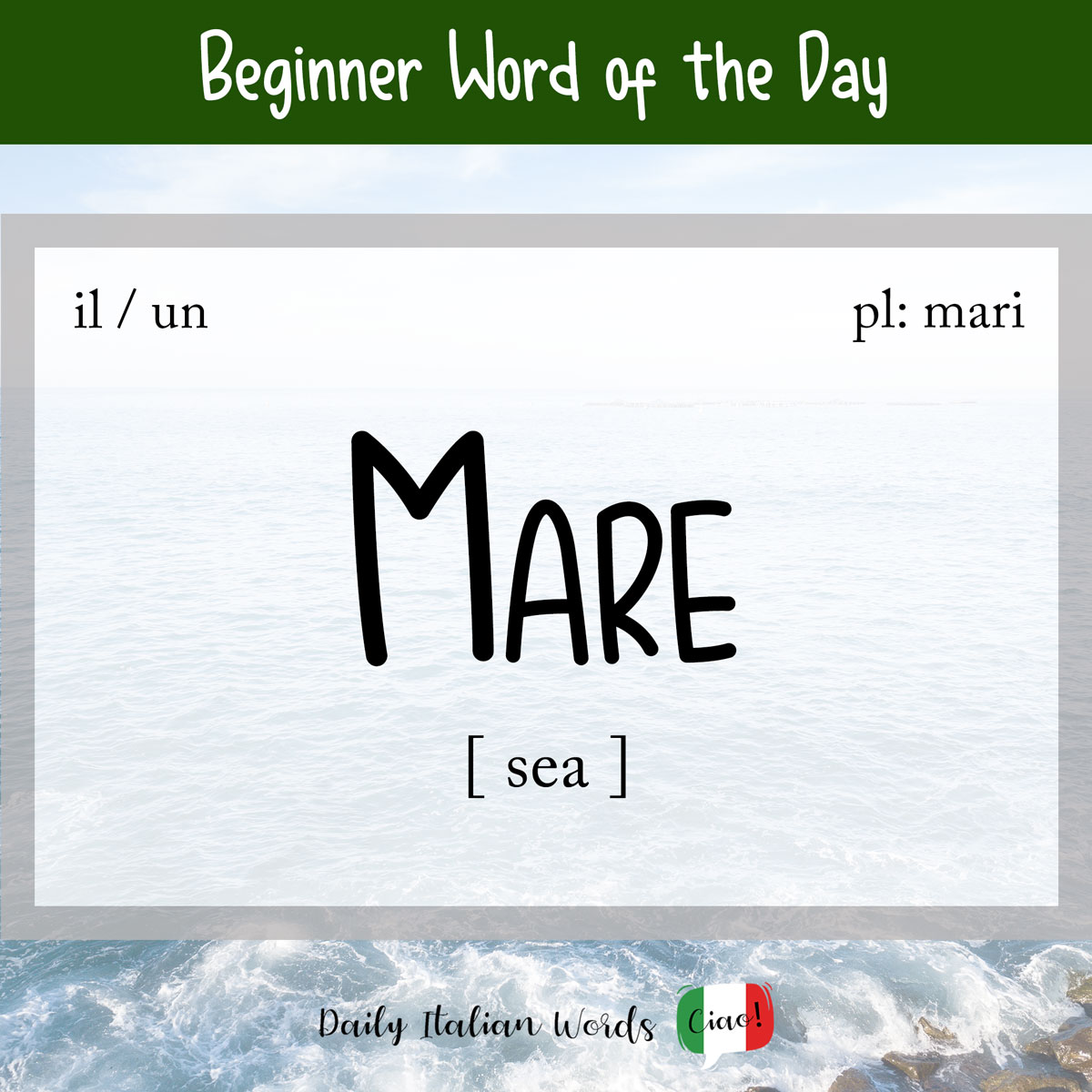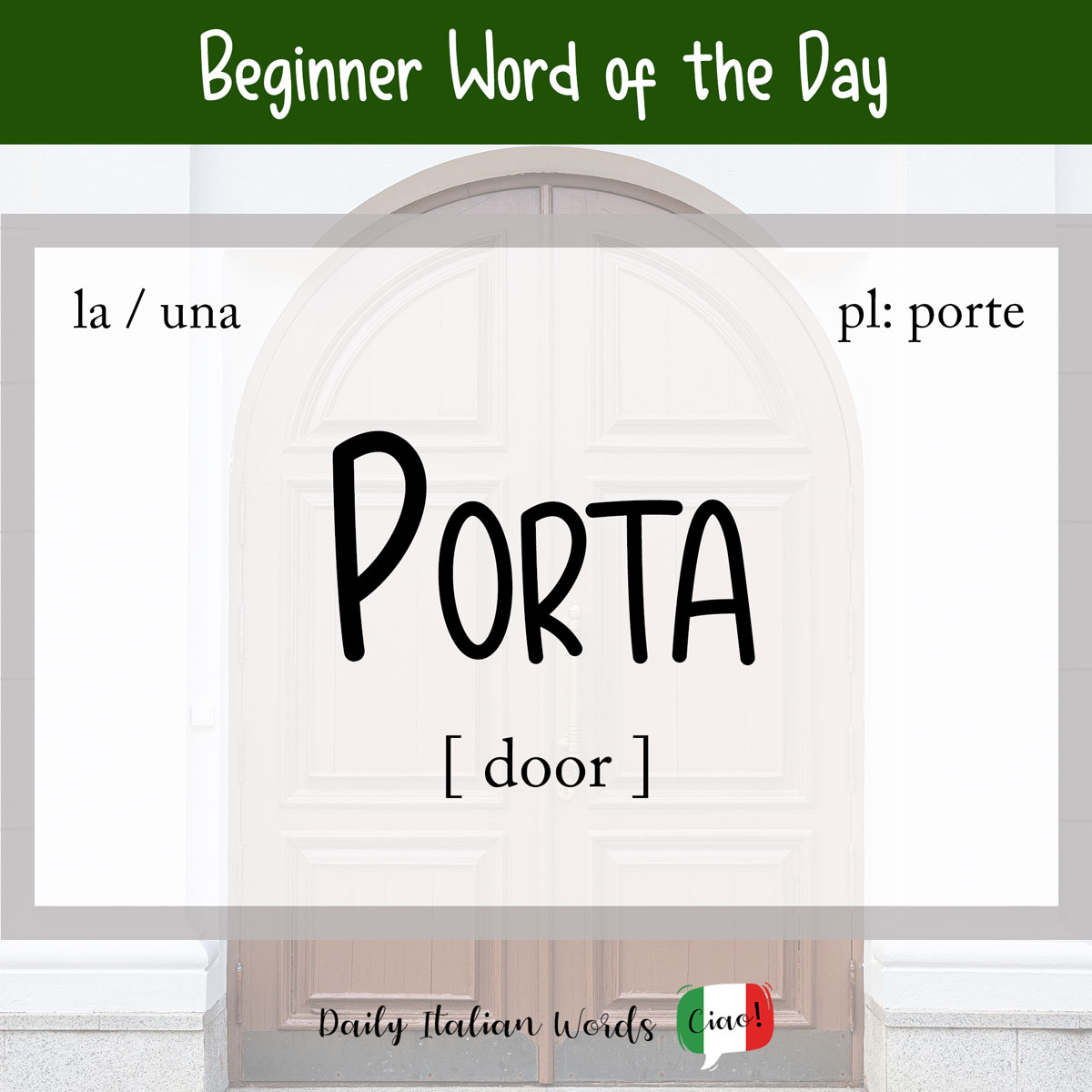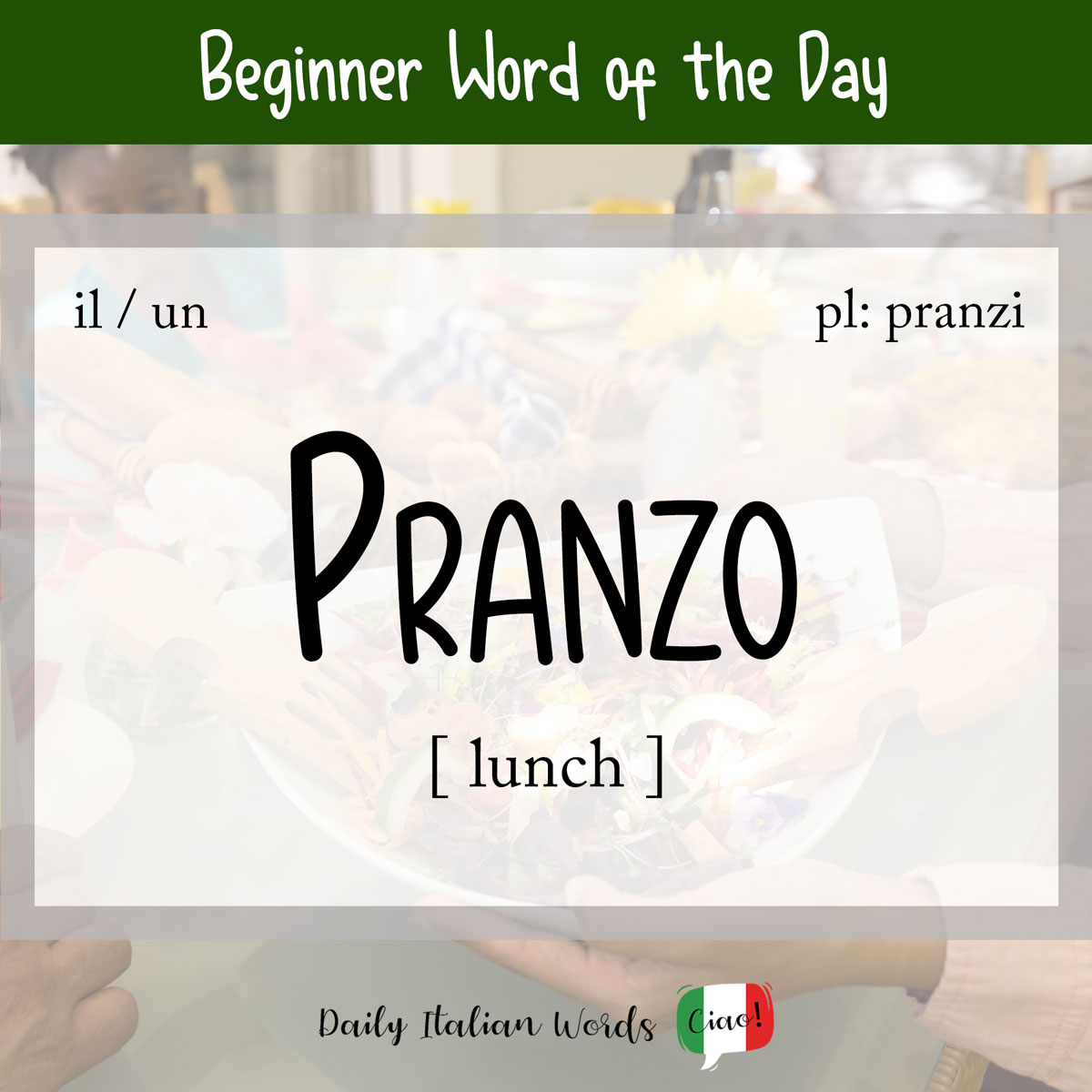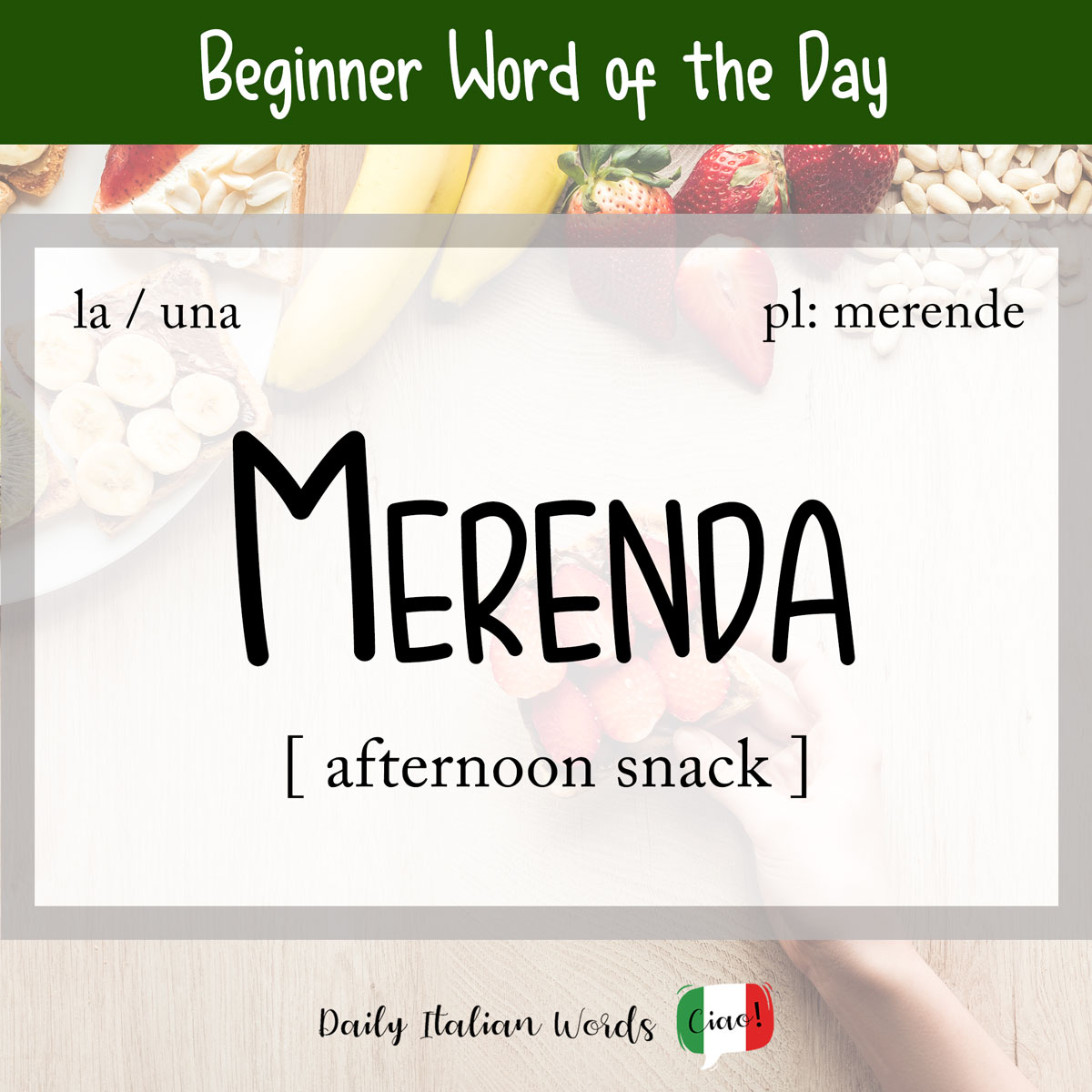Italian Word of the Day: Mare (sea)
Do you enjoy spending time by the seaside? Then you will love today’s word! The sea in Italian translates as mare, which should be easy to remember as it closely resembles the English word marine. It derives from the Latin mare of the same spelling. It is a masculine noun that takes the following definite …






